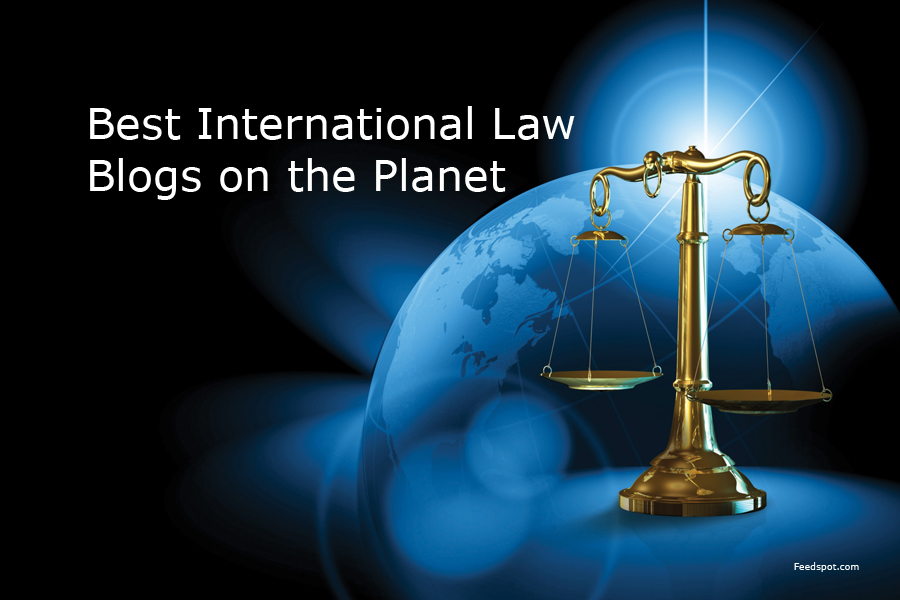In the bustling metropolis of London, amidst the towering architecture and the river’s gentle flow, a unique love language thrives—expressing affection through rings. From historic traditions to modern declarations of love, engagement rings in London hold a special significance, symbolizing commitment, devotion, and eternal love. As couples navigate the intricate pathways of romance in this vibrant city, the exchange of rings becomes a cherished ritual, encapsulating the essence of their relationship.

Engagement rings London, adorned with exquisite gemstones and intricate designs, serve as tangible symbols of love’s enduring power. From the cobblestone streets of Covent Garden to the elegant promenades of Mayfair, couples embark on a journey to find the perfect ring that encapsulates their unique bond. Each ring tells a story—a tale of two souls intertwined in love’s eternal embrace.
The tradition of exchanging rings as a symbol of commitment dates back centuries, rooted in ancient customs and …








